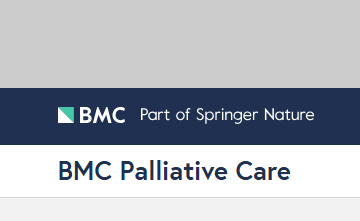Abstract Among the growing elderly population, the number of people with neurocognitive disease increases, highlighting the need for early diagnosis. Mini-Mental State Examination (MMSE) is one of the tools used to diagnose neurocognitive disease. The existence of a relationship between degraded oral health and decreased MMSE scores is known. Using machine Learning (ML) techniques, the […]
Read More


